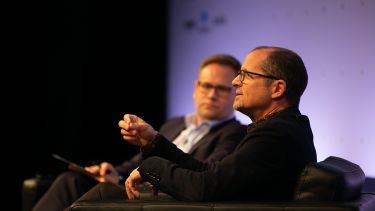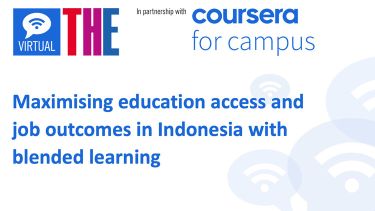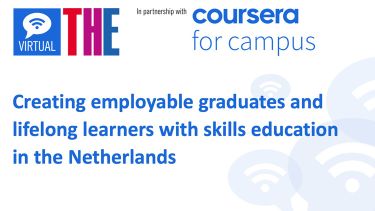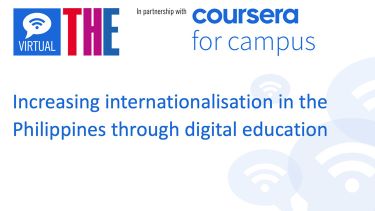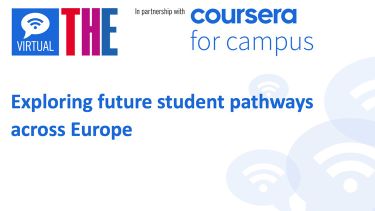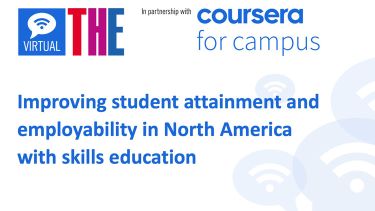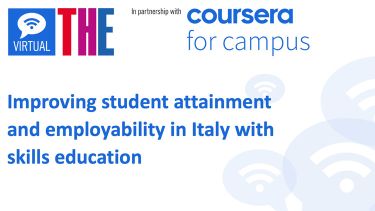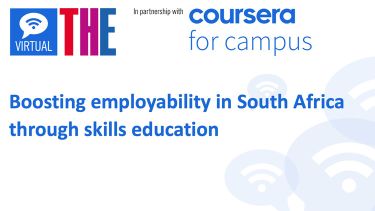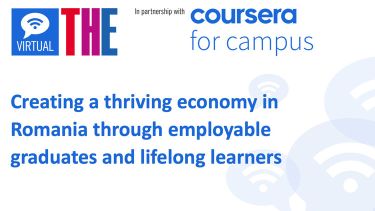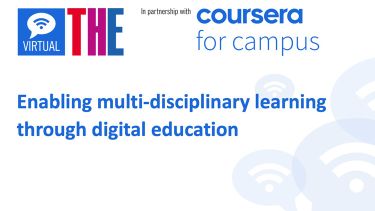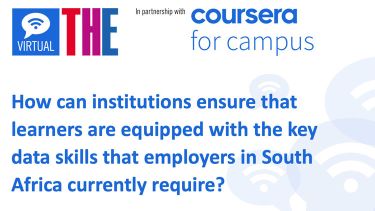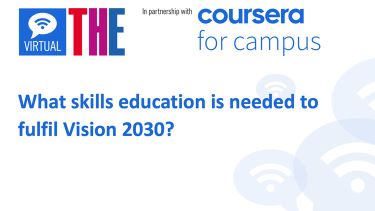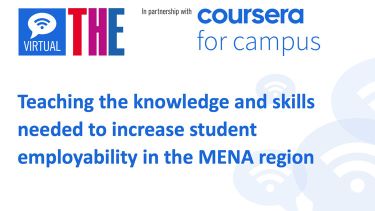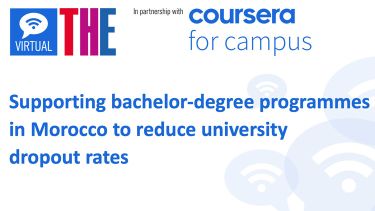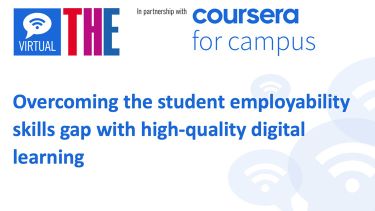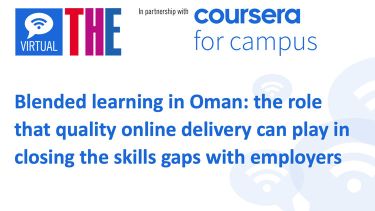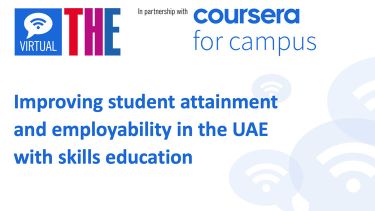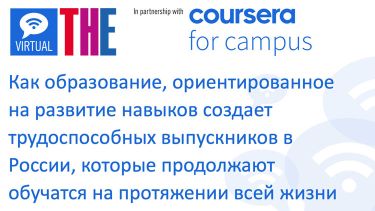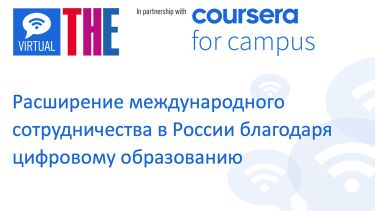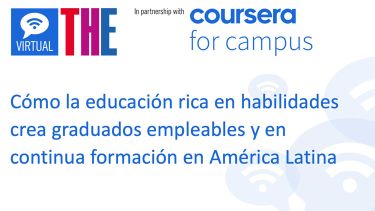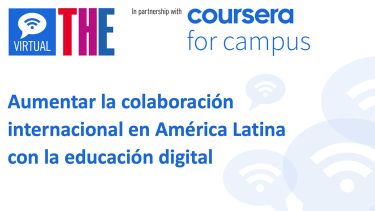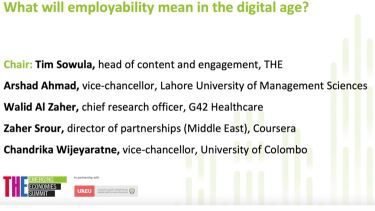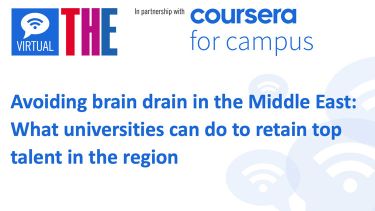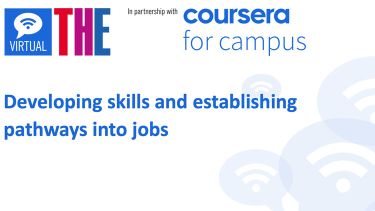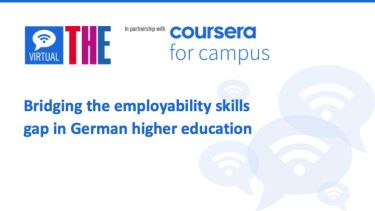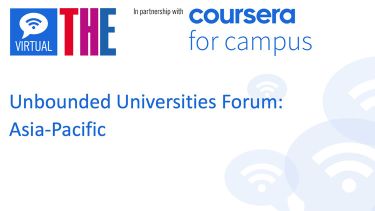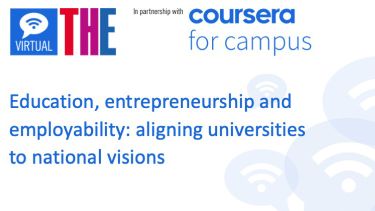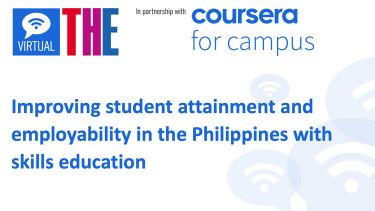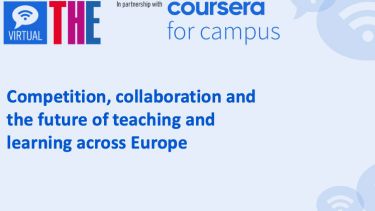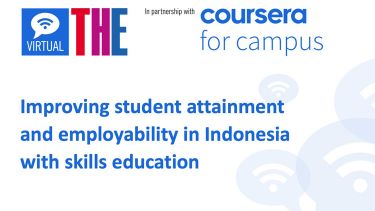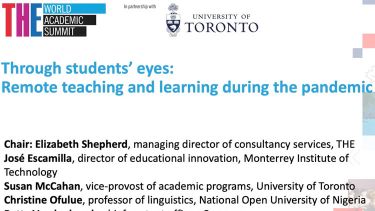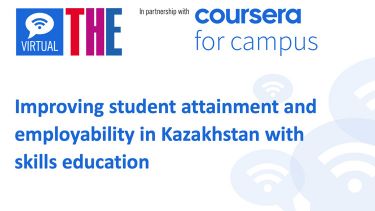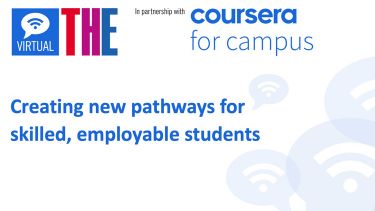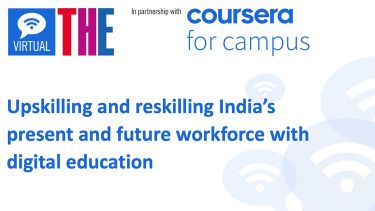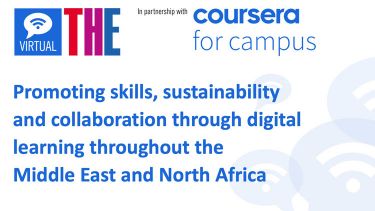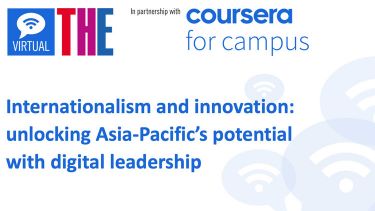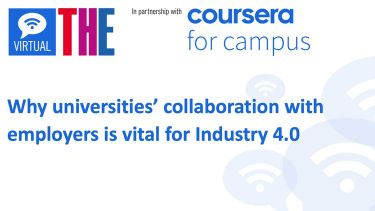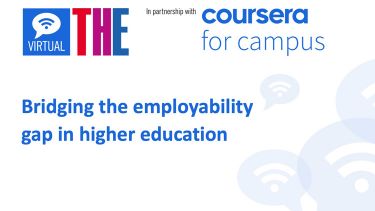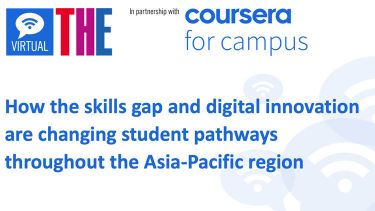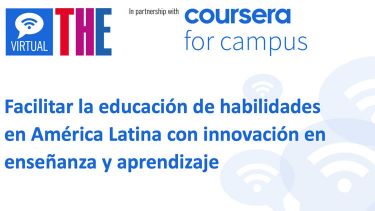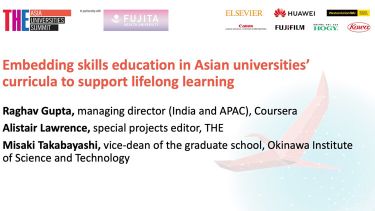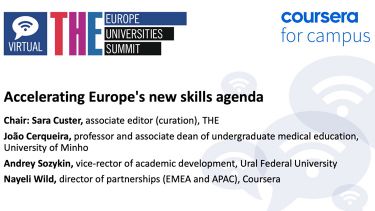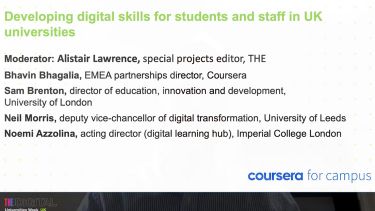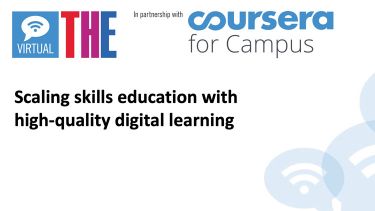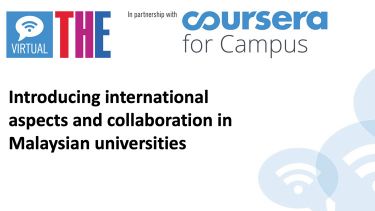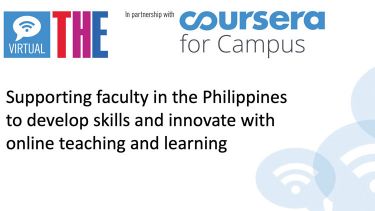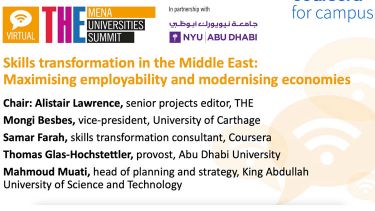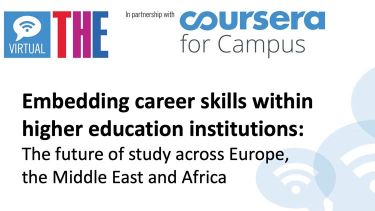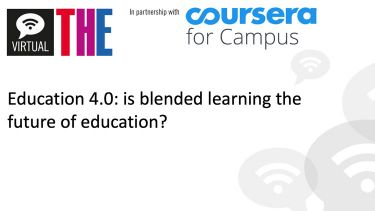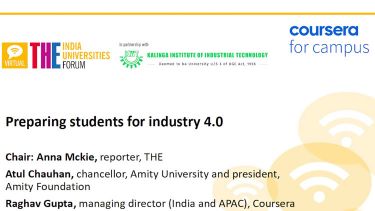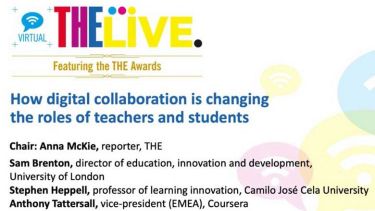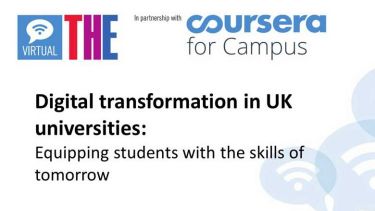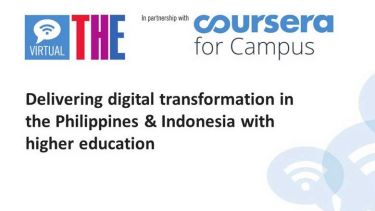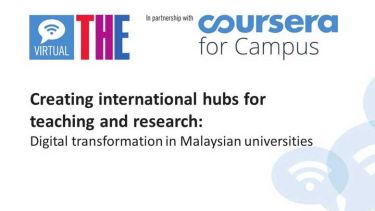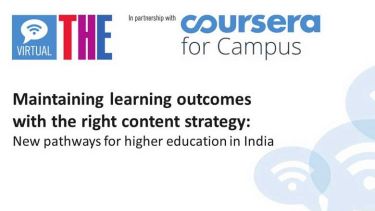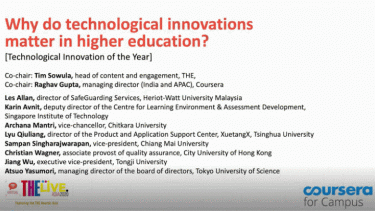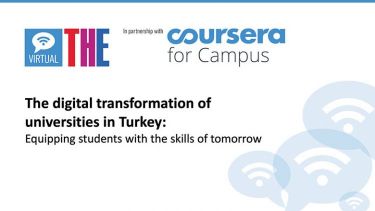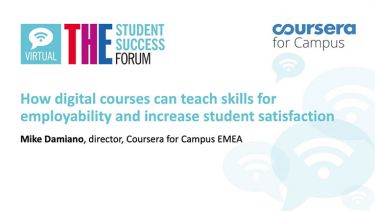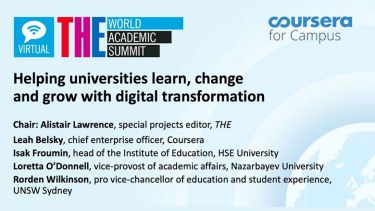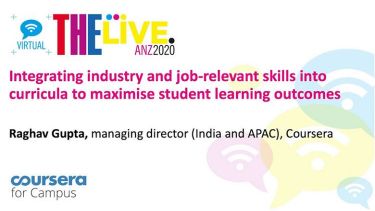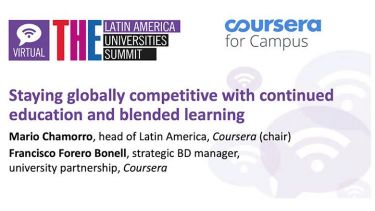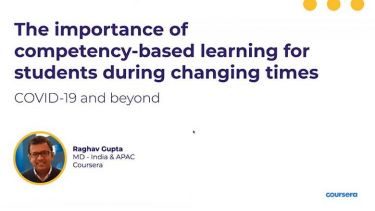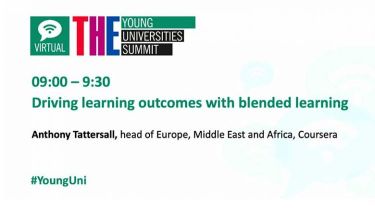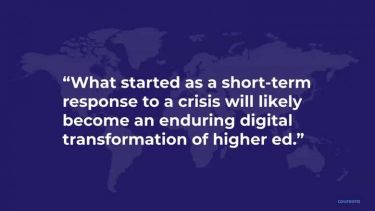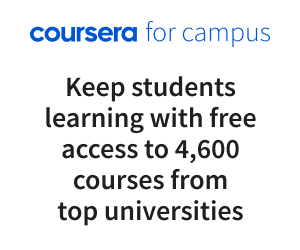How industry and academia can work together to provide a curriculum to bridge skills gaps and enhance graduate employability
The relationship between higher education and industry is assuming an increasingly vital role in providing students with the skills needed for a jobs market disrupted by technology. At the THE Unbounded Universities event, hosted by Times Higher Education in partnership with Coursera for Campus, industry leaders from the Asia-Pacific higher education sector discussed some of the ways digital services have transformed education and how perspectives from industry shaped their teaching mission.
Dulles Krishnan, Coursera’s managing director of enterprise for India and ANZ, opened the discussion by noting how the student journey from campus to employment has changed. The pandemic inspired an overnight digital transformation in higher education, but also catalysed the shift towards automation in industry. “The automation of entry-level jobs was something that started impacting college graduates,” said Krishnan. “Higher-level skills are being demanded by industry. Automation is shrinking what used to be a big base for entry-level graduates.”
With entry-level positions being replaced, universities must adjust accordingly. P. M. C. Thilakarathne, vice chancellor of the Open University of Sri Lanka, argued that students had to start learning industry-relevant skills as soon as they stepped on campus. These skills should be developed over the course of their degree programmes and informed by what was happening in business. The curriculum should be matched to industry expectations.
“Embed from day one what we’d call work-based training,” Thilakarathne said. “Like in Japan – when the student is registered in the first year as a fresher, they are given the chance to visit Toyota for training to get insights first, so they know what the company is after. Secondly, Toyota gives an internship in their second or third year, so the university is doubling courses with practical, work-based training.”
Location matters, too. Universities located in vibrant economic zones are at a natural advantage when fostering close industry ties. Lerma Calingasan, executive director and principal at Lyceum of the Philippines University – Laguna, said that being located south of Manila has enhanced her institution’s collaborations with industry. “That gives us access to industry practitioners and helps in the development of our curriculum,” she said. “We ask them to join us in half-day meetings so that we can get feedback from them as to, first off, how our graduates are failing and, second, any development on the industry’s side that may be reflected in what we are teaching inside the campus. At an institutional level, we have CEOs of multinational companies who join us and give us insights on what skills are needed.”
Calingasan said industry feedback was crucial, and it was not just digital and tech skills that were required of graduates. Industry was placing a great importance on collaboration, teamwork and problem-solving. The 21st-century workplace will require tech skills, but these go hand in hand with interpersonal skills and the ability to adapt to a new work culture.
Watch the session on demand above or on the THE Connect YouTube channel.
Find out more about Coursera for Campus.




